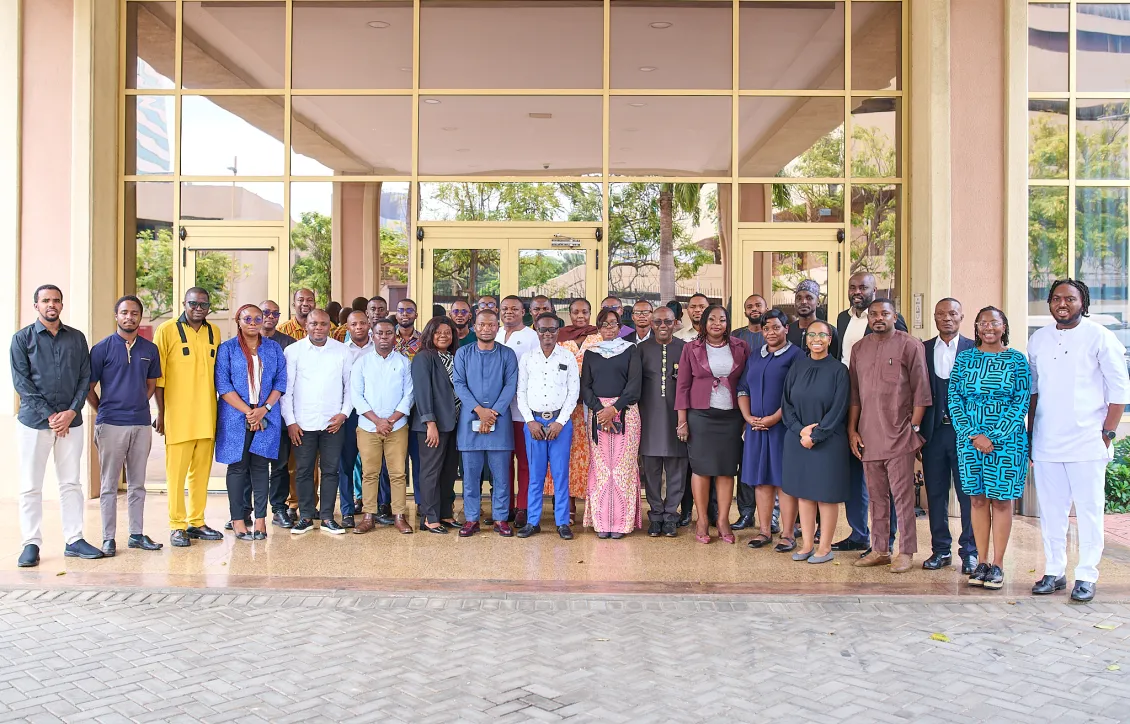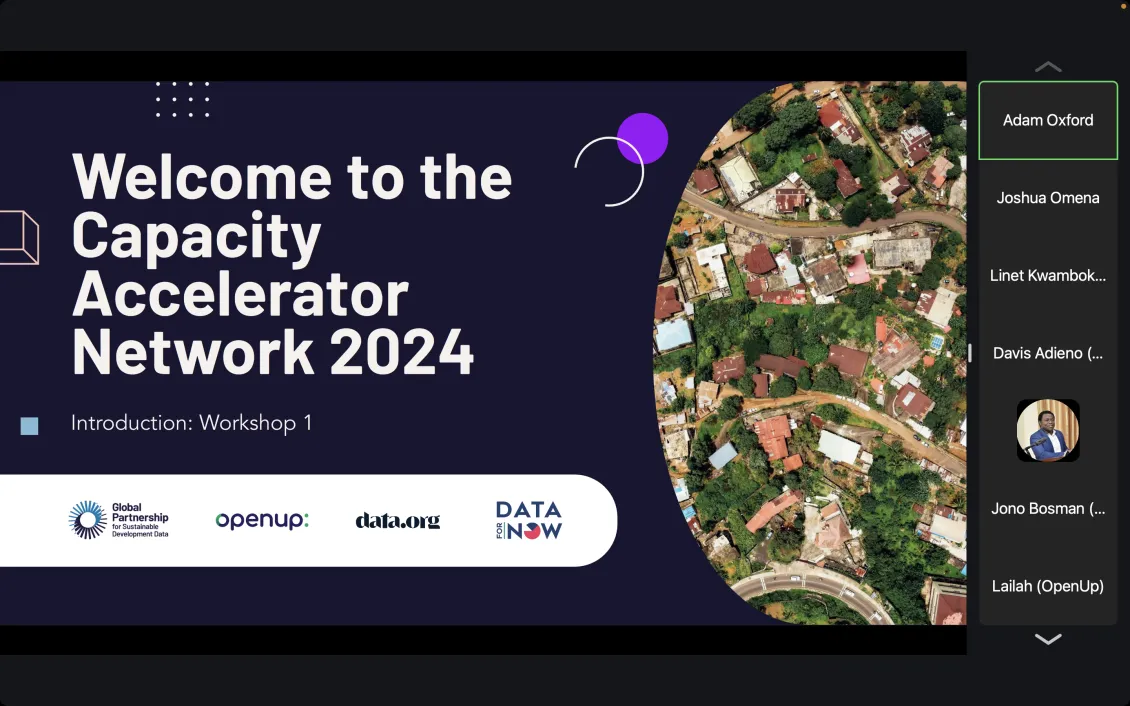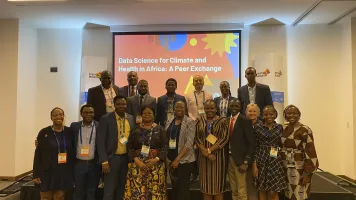In the face of global challenges such as climate change and the public health crises exacerbated by the COVID-19 pandemic, where an estimated 20 million people died, the need for comprehensive, accurate, and timely data cannot be overstated. This is particularly true for Africa, a continent that is simultaneously grappling with the impacts of climate change and various public health-related issues.
All six eco-regions in Africa have seen a rise in the average temperatures at approximately 0.3°C per decade over the last century, resulting in more extreme events. Analysis of public health events recorded in the African region between 2001 and 2021 showed that 56% of the 2121 events were climate-related. Africa is presently grappling with climate shocks such as hunger and malnutrition due to adverse weather events, such as flooding all over East and West Africa this year, which have long-term health and development challenges in children. Flooding has adverse health impacts, such as an increase in vector-borne diseases like malaria and cholera. Before last year’s El Nĩno, which caused damage to infrastructure and agriculture, droughts had ravaged areas in East and Southern Africa, with 40 million people affected. According to the IPCC, these droughts will increase over the next few decades, with droughts projected to cause as many as 3.2 million deaths globally.

Participants from Nigeria, Ghana, and DRC at a CAN workshop in Accra
The intersection of climate and health data
Climate change has far-reaching impacts on public health. Changes in temperature and precipitation patterns can lead to increased infectious diseases like malaria and dengue fever. In contrast, diseases such as cholera increase, and hygiene and sanitation are affected by deteriorating precipitation. In addition, climate change affects several health determinants, including air quality, water availability, food security, and extreme weather events. Exposure to heat waves, floods, storms, and other climate-related events directly affects human health. Indirect effects include changes in disease patterns, impacts on mental health, especially as people lose their homes and livelihoods, and disruptions to health systems. Conversely, public health crises can exacerbate climate change impacts as resources are diverted away from climate mitigation and adaptation efforts. Therefore, investing in climate and health data is not just about addressing these issues in isolation but also about understanding their interplay and devising holistic solutions.
Why now?
The immediacy of our challenges drives the urgency of focusing on the intersection of climate and health data. Climate change is not a distant threat; it is happening now, and its effects are being felt by everyone across the globe. Similarly, health crises, whether ongoing issues like malaria or emerging ones like COVID-19, require immediate attention and action. According to the Global Centre on Adaptation report, climate change will likely increase the range of malaria high-risk zones, which would adversely affect current programs tackling malaria. The intersection of these two fields presents a unique opportunity to address these challenges holistically, harnessing the power of data to inform policy, drive action, and ultimately improve lives. The urgency of investing in climate and health data for Africa cannot be overstated. As the continent bears the brunt of climate change impacts and health crises, access to reliable data is critical for informed decision-making.
The vital role of the Africa Climate and Health Data Capacity Accelerator Network (CAN)
Recognizing the importance of this intersection, the CAN program, in collaboration with data.org and support from the Wellcome Trust, has been making significant strides in this area. The network has trained data professionals to work with climate and health data. This initiative aims to build a robust data ecosystem, providing actionable insights for policymakers, researchers, and communities.
The training phase of the program focuses on equipping professionals with the skills to collect, analyze, and interpret climate and health data. This includes understanding the sources of such data, the methodologies for data collection, and the statistical techniques for data analysis. The fellowship phase of the program is an opportunity for early to mid-career data science professionals who the Global Partnership contracts to apply their data science skills to real-world problems and challenges faced by African institutions and communities. The fellows are matched with the host institutions based on their knowledge, expertise, and skills to work on data-driven projects with a positive social impact. The ultimate goal is to enable these professionals to contribute to evidence-based decision-making processes on climate change and health issues across the continent.
Moreover, CAN’s ongoing work underscores the importance of capacity building in informed decision-making regarding climate and health issues. By training data professionals, the network contributes to the immediate need for data and invests in the long-term sustainability of Africa’s data ecosystem.

Investing in climate and health data for Africa is a timely and necessary endeavor. It is how we secure the continent’s resilience and capacity to respond to crises today and in the future. The work we are doing at the Global Partnership is a testament to this, and it serves as a call to action for all stakeholders to recognize the importance of data in addressing the pressing challenges of our time.

